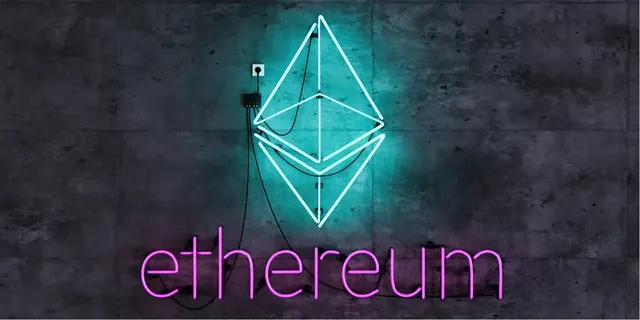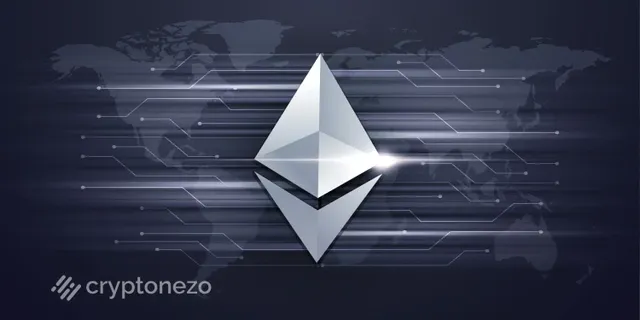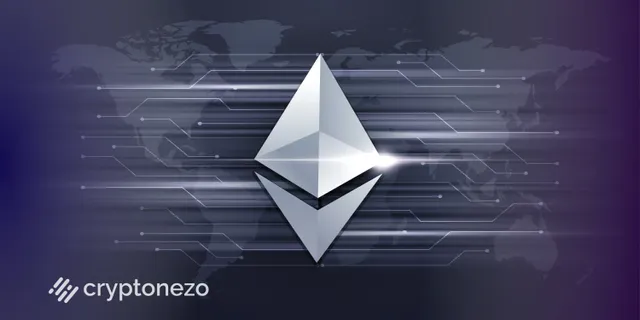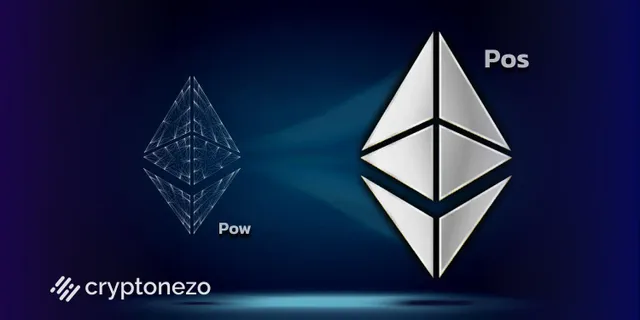Ethereum 2.0 - Leading to Centralization?
.webp)
Ethereum 2.0 - Leading to Centralization?
Daily the path of Ethereum is heading towards its long-awaited 2.0 upgrade to Proof of Stake, and ending its reliance on the Proof of Work mechanism that Bitcoin and other blockchains use. Many see the change as necessary and inevitable, but it has implications to the core concepts of decentralization and security that are often overlooked.
There are two factors which make it obvious that large institutional players will have control over the network eventually, and not necessarily in the distant future. These are the transaction burn fees and validator staking rewards. Two mechanisms combined to create an inevitable concentration of the network in the deepest pockets, and a continuation of the current power structure.
Every use of ETH has a transaction fee that is burned, smaller holders that are often the users of ETH, "the people", will burn a little with every transaction, constantly nibbling away at their holdings.
Large corporations and institutions that want to earn staking rewards buy immense quantities to hold and earn, amassing more and more continuously. These entities are not necessarily going to "use" ETH as much as the retail individual might, and will not burn the same percentage of their holdings in gas fees.
With ETH's limitless supply, however, this is a runaway train to centralization, over time the largest stakers will increase in size and the individual users will always be smaller and will need to add capital to maintain their positions. Smaller validators will increase their holdings, but in proportion to their size, they will not "catch up" to the largest institutions to keep a balance of power in the validator network.
Other than the rich getting richer and the percentage of diversity among validators getting smaller, there is the spectre of corrupt self-interest.
Validators select which transactions to perform first, generally based on gas fees allocated to perform the transaction. This already favours the wealthiest to have access ahead of others that cannot commit the same amount of ETH to prioritize their transactions.
Add to this political and/or discretionary decisions in an information age with social credit scores and agendas to censor opposing viewpoints, and the concentration of power in the hands of the world's wealthiest is a complete stranglehold on freedom.
Don't forget to follow us @cryptonezo to stay updated with the latest blockchain and cryptocurrency news.







